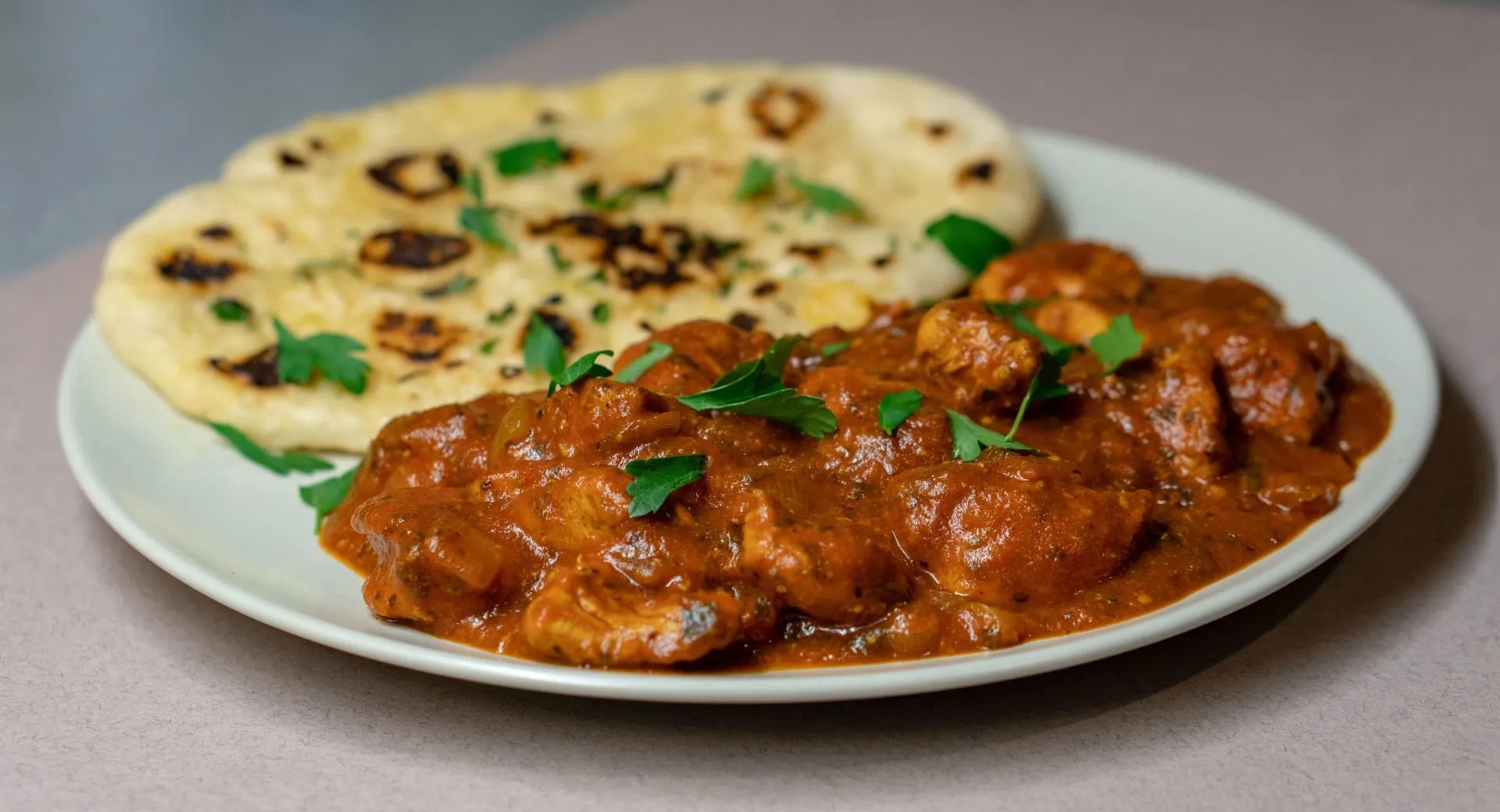
You might have heard that eating late at night has drawbacks. Diet culture, which holds that if a person wants to have a good body, they should abstain from eating after 7 pm, has encouraged this viewpoint.
But for many others, eating after midnight has become a daily ritual. Health professionals have talked about late-night eating, whether it’s due of a busy schedule or just because of desires. Should you then refrain from eating in the evening? Let’s look at it!
Is Eating After Dark Bad?

Many people believe that eating late at night is harmful, and some even believe that it can cause weight gain. Yet the truth is more complicated than that. According to study, when you eat is less important than how many calories you consume throughout the day.
A research in the American Journal of Clinical Nutrition found that eating after midnight had no discernible effect on weight gain or body fat. But, the study did find that persons who ate after midnight often consumed more calories overall than those who did not.
Hence, even while eating after midnight may not always be bad, if you consume too many calories, it could lead to overeating and weight gain.
Are There Any Benefits to Eating Food Late at Night?
While eating late at night may have certain benefits, it’s important to keep in mind that these benefits typically depend on the individual and their particular circumstances. The following benefits are a few examples:

Better sleep
The quality of sleep can be improved by eating certain meals, such as those high in tryptophan, an amino acid that helps produce serotonin, a neurotransmitter that promotes calm. A little, healthy snack can also help with blood sugar regulation and stop hunger pains that might disrupt sleep.
Muscle restoration
For those who exercise frequently, a brief protein-rich snack before bed can help to promote muscle growth and recovery. This allows for the essential post-exercise processes of muscle building and repair.
Better mood
Have a light, healthy snack before bed to balance blood sugar levels and prevent hunger pangs, which can make you irritable and disrupt your mood. Moreover, some foods high in tryptophan or omega-3 fatty acids may help to promote relaxation and improve mood.
What to Eat and What to Avoid for a Late-Night Dinner

To avoid waking up hungry and putting on weight, it’s critical to choose the correct foods if you do decide to eat something late at night. Here are some suggestions for making wholesome meal selections when dining after midnight:
- Your initial pick should be foods high in protein and fiber because they can help you feel fuller longer and prevent overeating.
- Avoid foods that are high in sugar and carbohydrates as they may cause blood sugar fluctuations and crashes that can trigger cravings and overeating.
- Instead of having a large meal late at night, try to space out your meals throughout the day.
- Foods that are oily, heavy, or spicy should be avoided because they can induce stomach trouble and keep you up at night.
- As they can interfere with your sleep and make it harder for you to fall asleep, stay away from caffeine and alcohol.
It’s important to keep in mind that the potential benefits of eating late at night are typically outweighed by the drawbacks, which include disrupted sleep, weight gain, and an increased likelihood of acquiring specific medical conditions.
To ensure that any late-night snacks are healthy and eaten in moderation, it is typically advised to avoid ingesting substantial, high-calorie meals right before bed.




Leave a Reply ▼